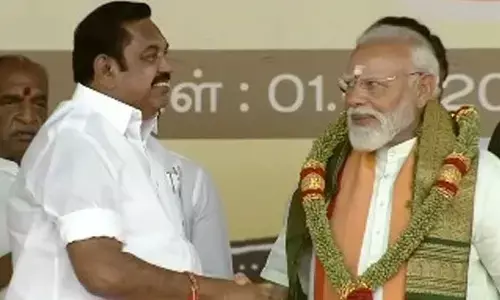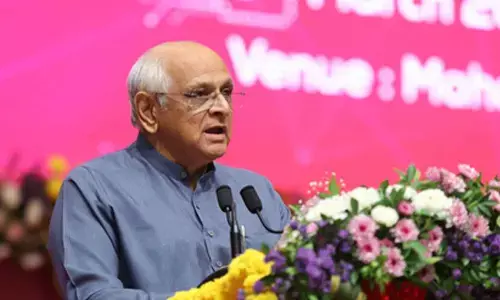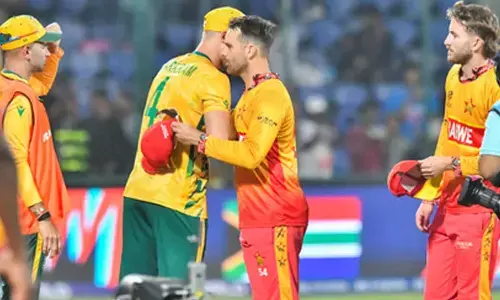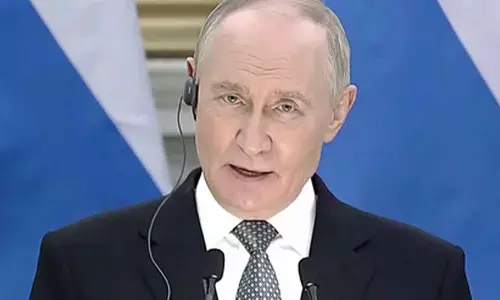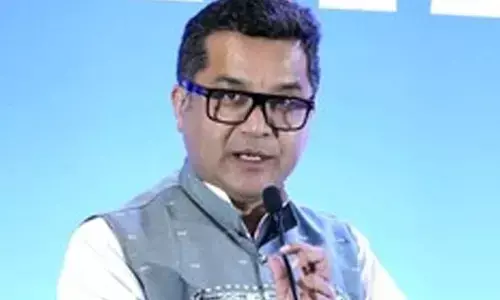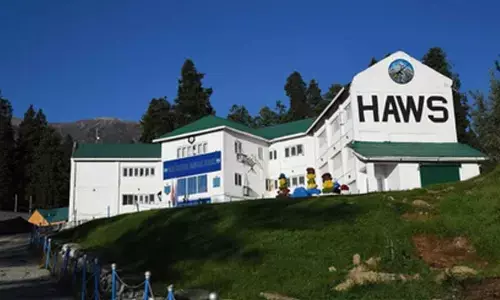Pranab Mukherjee: A man for all seasons
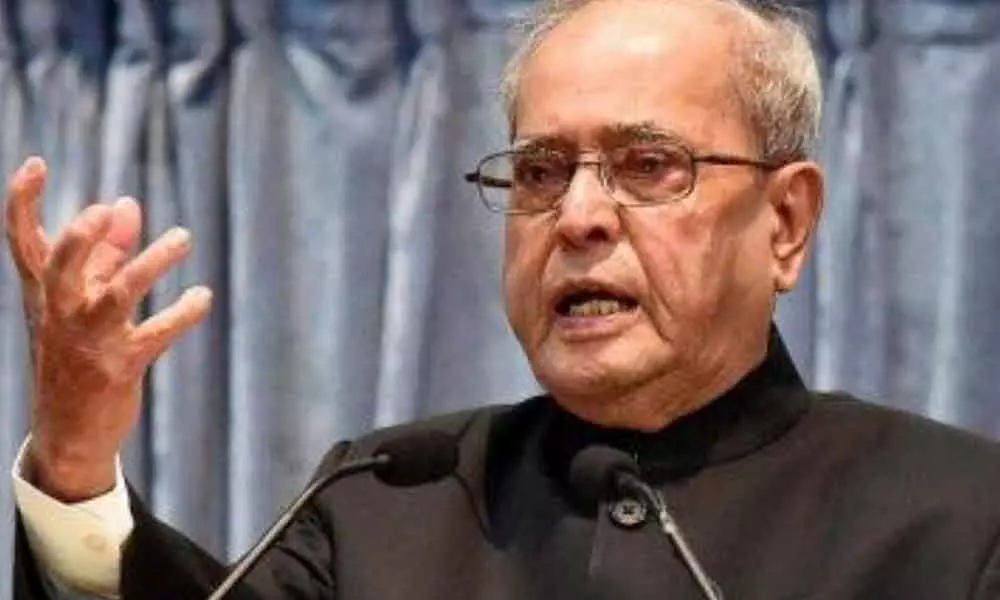
Pranab Mukherjee
The Congress heavyweight from West Bengal rose in power and positions steadily with his intellectual acumen and shrewd positioning in the party
New Delhi: In a political career spanning five decades, Pranab Da rose in power and positions steadily with his intellectual acumen and shrewd positioning in the Congress party.
He was the number two practically in the Congress governments chairing nearly as many as 60 committees or so in the latter part of his career.
Pranab Da was one of those who had seen all faces and phases of modern Indian politics and who knew the nuts and bolts of the governance systems. His advice was the most sought after by the Congress governments. In 2012, he defeated P A Sangma to become the President with 70 per cent of the vote.
In 2017, Mukherjee decided not to run for re-election and to retire from politics after leaving the presidency due to "health complications relating to old age". His term expired on 25 July 2017. He was succeeded as President by Ram Nath Kovind. In June 2018 Mukherjee became the first former President of India to address a Rashtriya Swayamsevak Sangh (RSS) event, where he neither compromised on his long cherished principles of secularism nor lost a chance to drive in his philosophy.
Pranab Da 'was a man for all seasons', literally.
His term was noted for his work in improving the finances of the government that enabled Indira Gandhi to score a political point by returning the last instalment of India's first IMF loan. As Finance Minister, Mukherjee signed the letter appointing Manmohan Singh as Governor of the Reserve Bank of India.
Pranab Mukherjee was "very well respected within the party social circles. Media accounts describe him as having "a reputation as a number-crunching politician with a phenomenal memory and an unerring survival instinct." As for the Congress, Mukherjee became a member of the Congress Working Committee on 27 January 1978. He also became a member of the Central Parliamentary Board of the All India Congress Committee (AICC) that year. Mukherjee briefly held the position of treasurer of the AICC and the Congress party in 1978.
Mukherjee was appointed chairman of the Campaign Committee of AICC for conducting National Elections to Parliament in 1984, 1991, 1996, and 1998. He was chairman of the Central Election Coordination Committee of the AICC from 28 June 1999 to 2012. He was appointed to the Central Election Committee on December 12, 2001. Mukherjee was appointed general secretary of the AICC in 1998. In 1997 Mukherjee was voted Outstanding Parliamentarian by the Indian Parliamentary Group.
After Sonia Gandhi reluctantly agreed to join politics, Mukherjee was one of her mentors, guiding her through difficult situations with examples of how her mother-in-law, Indira Gandhi would have done things. His talents were on display during the negotiations for the Patent's Amendment Bill in early 2005. The Congress was committed to passing an IP bill, but their allies in the United Progressive Alliance from the Left front had a long tradition of opposing some of the monopoly aspects of intellectual property. Pranab Mukherjee, as Defence Minister, was not formally involved but was roped in for his negotiation skills.
He drew on many old alliances including the CPI-M leader Jyoti Basu (former Chief Minister of West Bengal), and formed new intermediary positions, which included product patent and little else. Then he had to convince his own colleagues including Commerce Minister Kamal Nath, at one point saying: "An imperfect legislation is better than no legislation." Finally, the bill was approved on 23 March 2005.
Mukherjee's role in "skillfully pushing through the historic 123 Agreement and treaty with the Nuclear Suppliers Group" may have saved the UPA-II government from the 2008 motion of no confidence.
Mukherjee was the recipient of "The Best Administrator in India" award in 2011. Prime Minister Manmohan Singh commented: "Mr. Mukherjee's knowledge of parliamentary matters was stupendous.
The wide respect he commanded and his long association with the political leaders across the spectrum had proved invaluable in conducting the parliamentary business."


